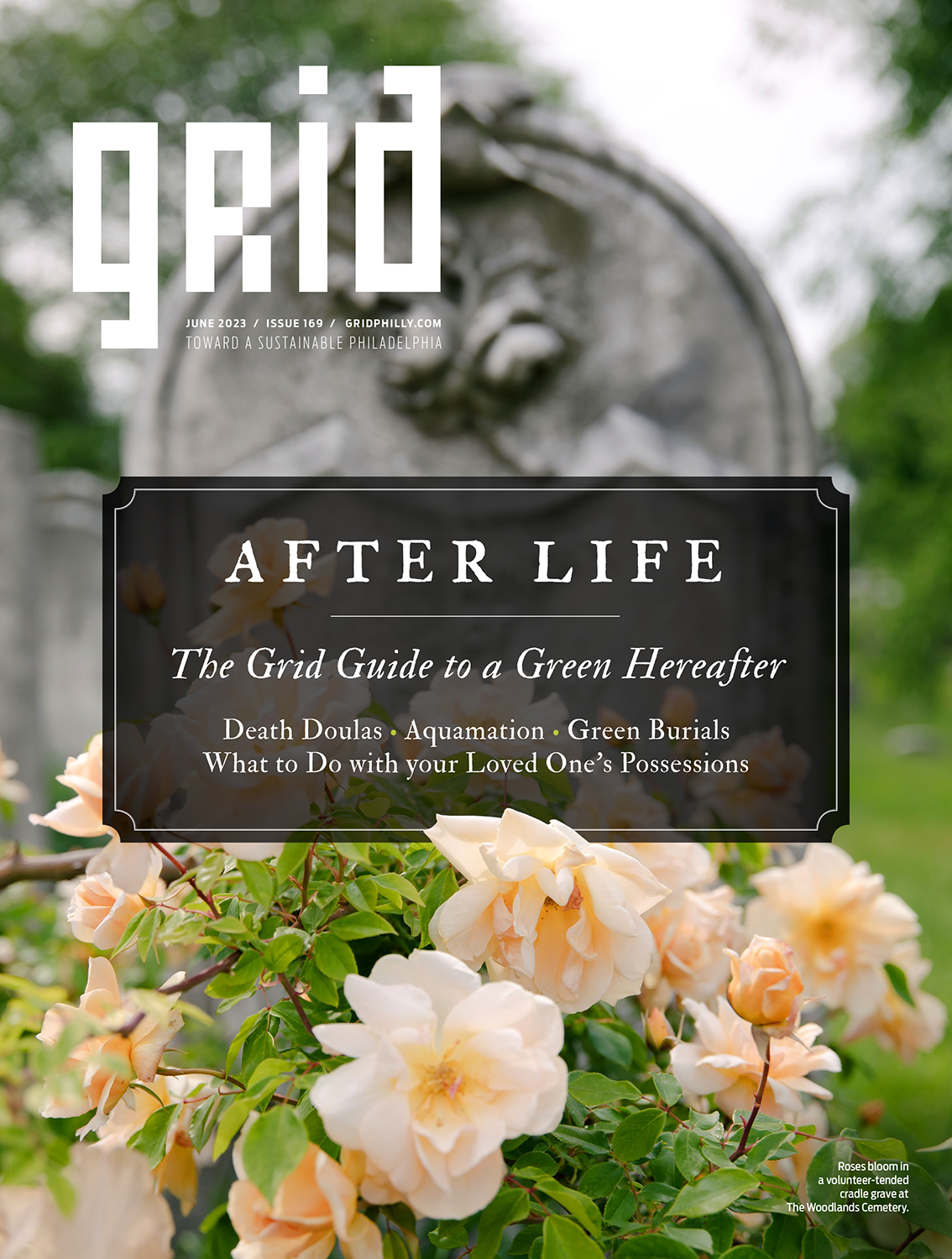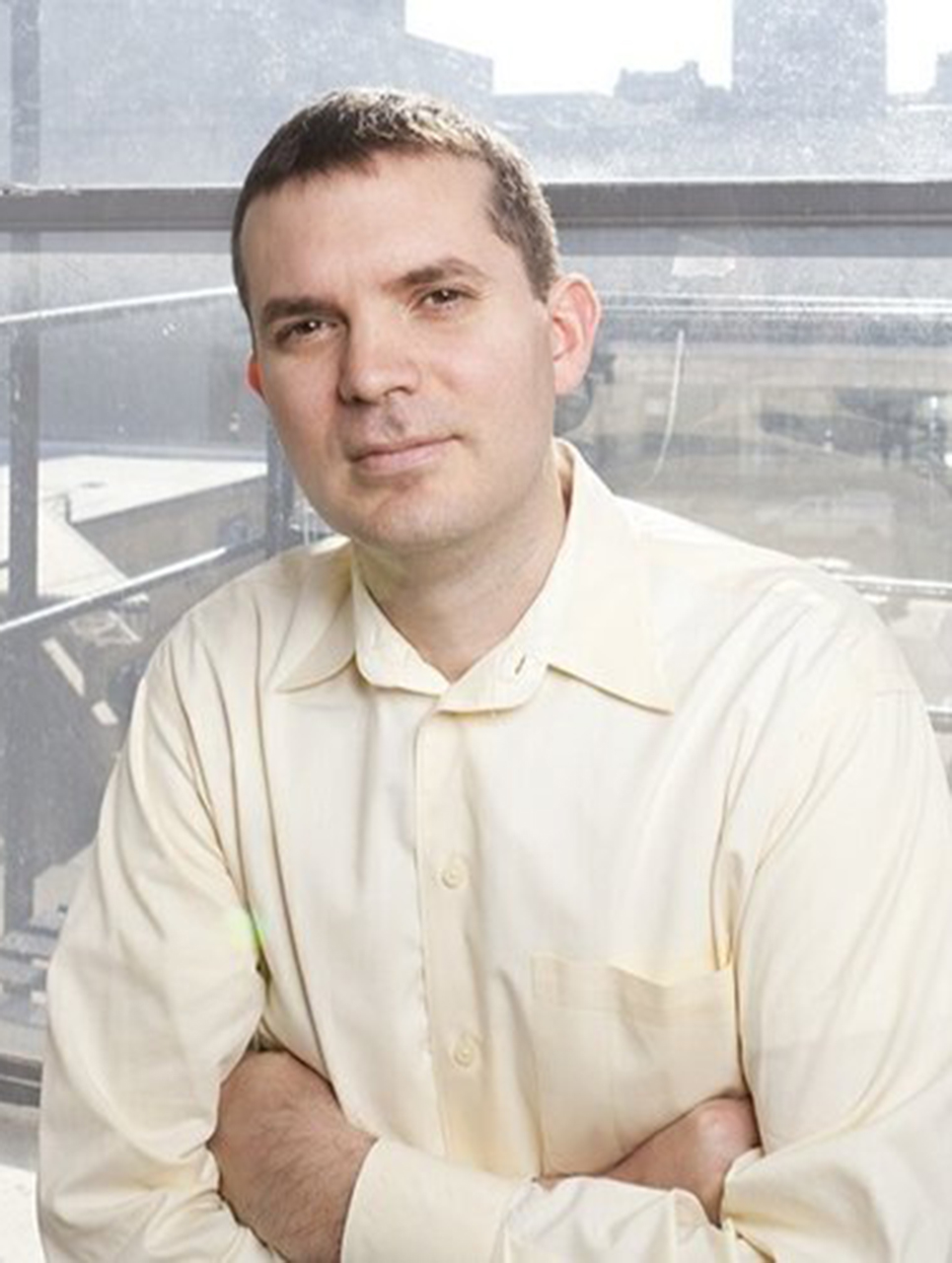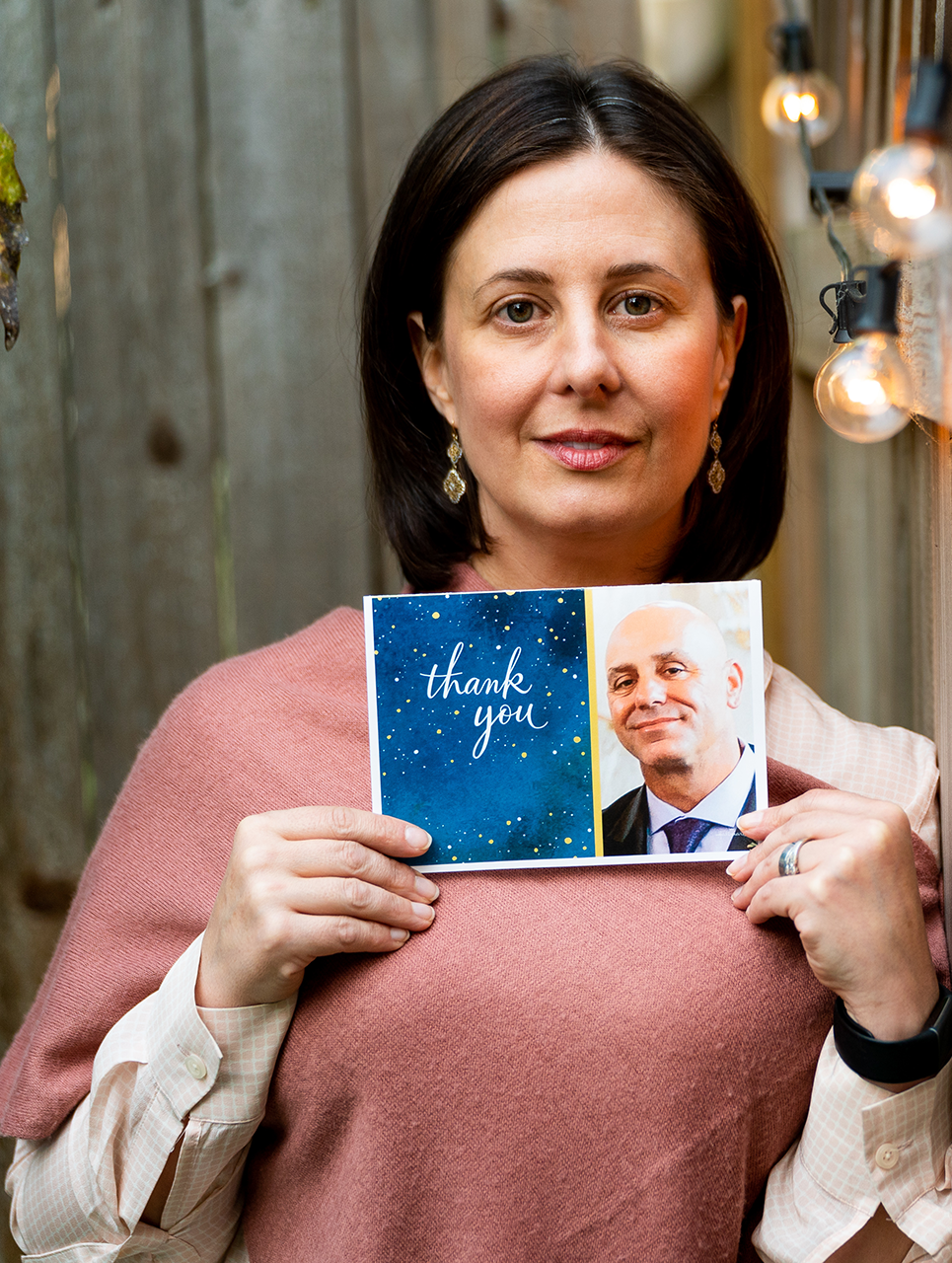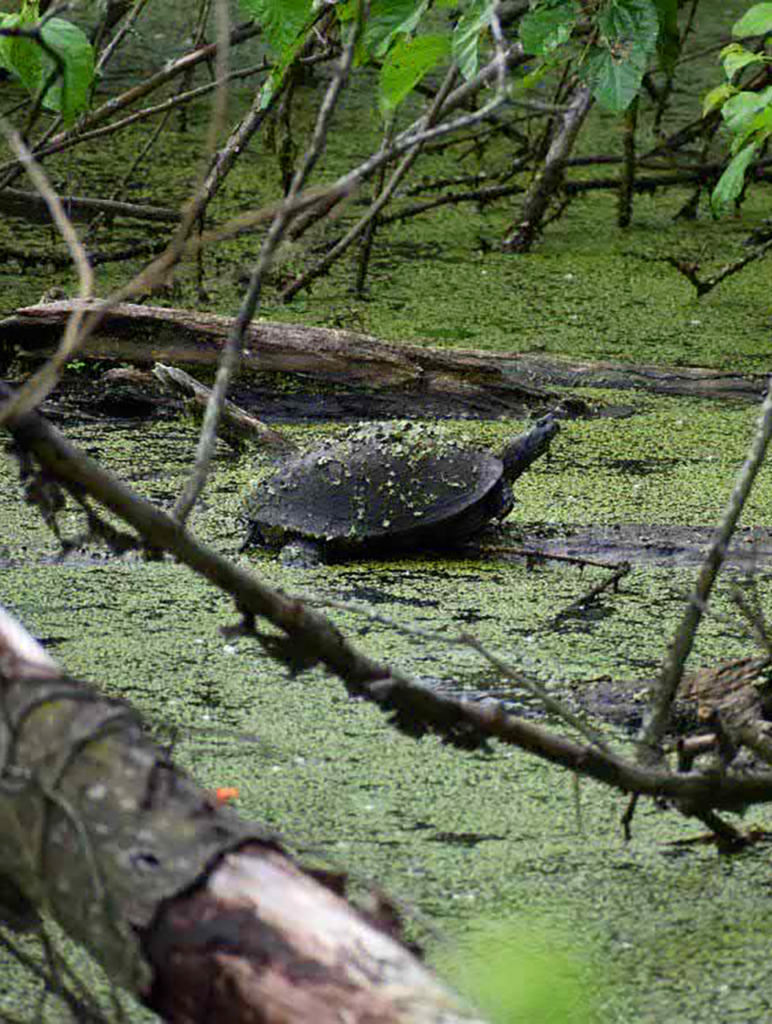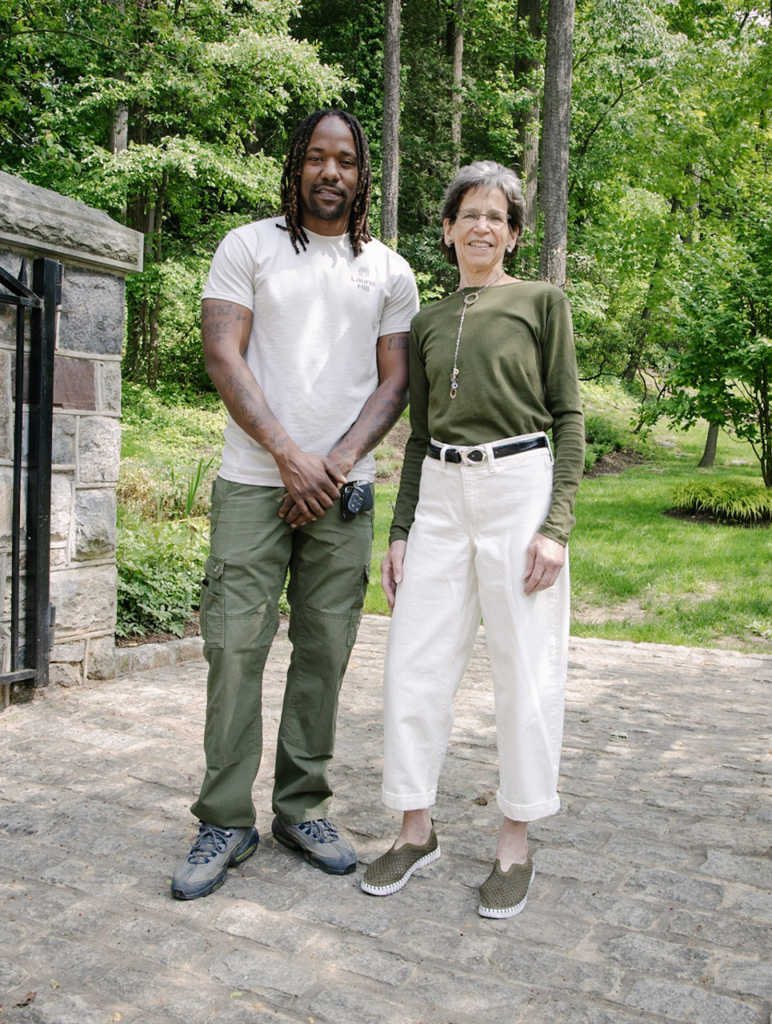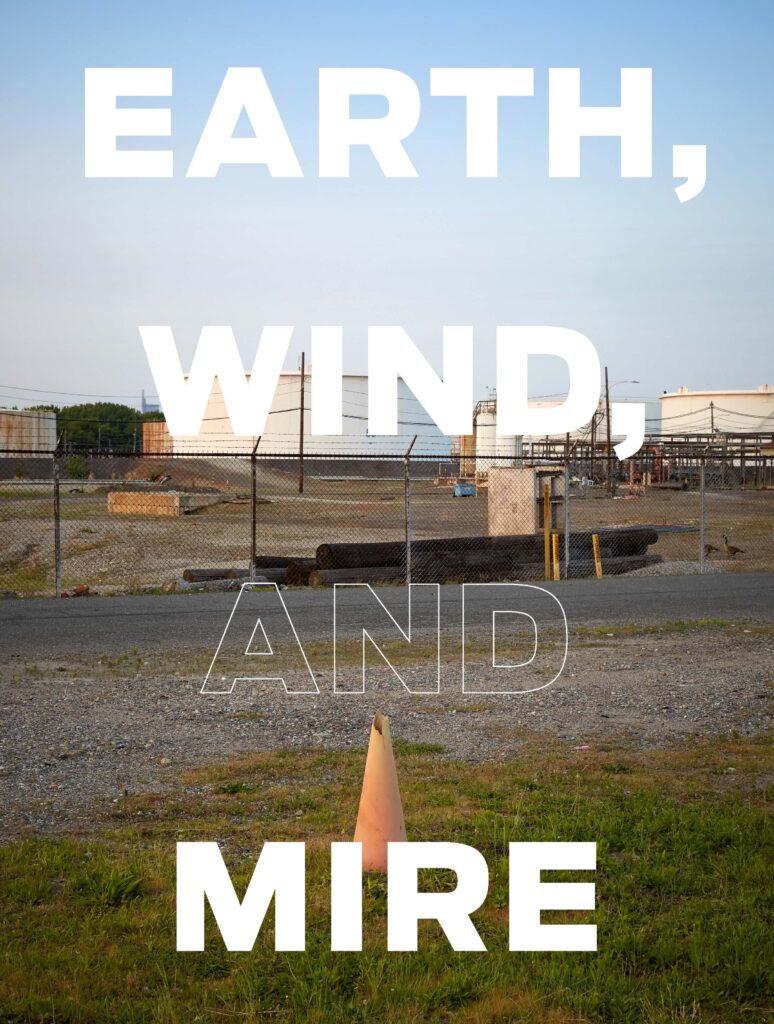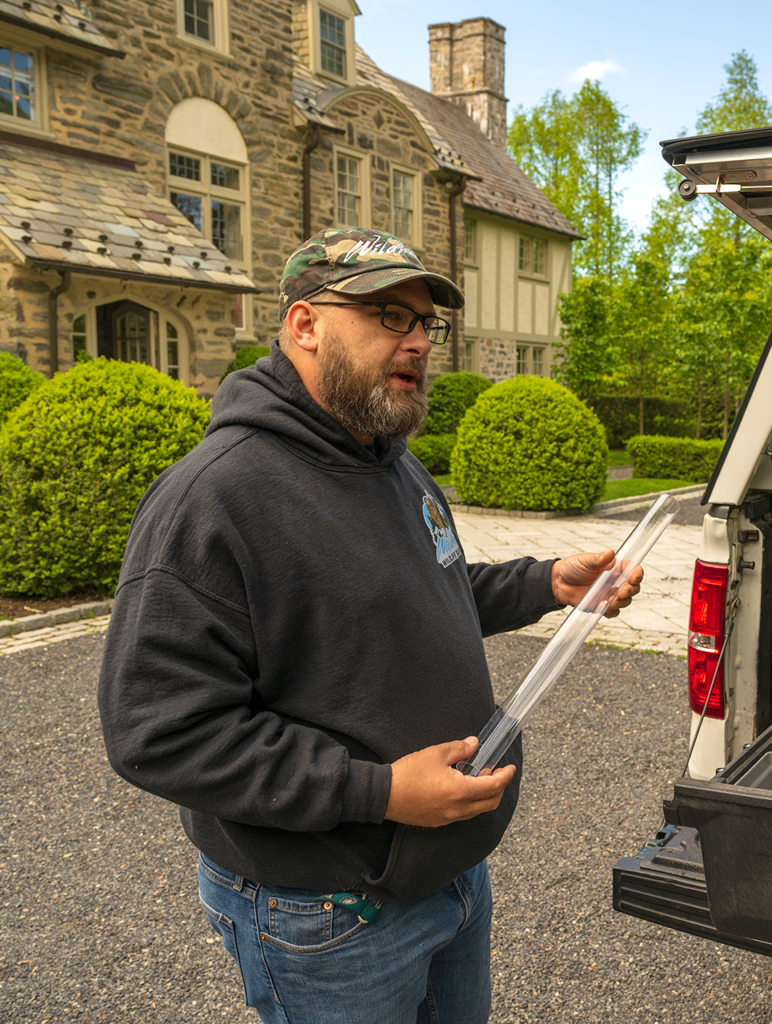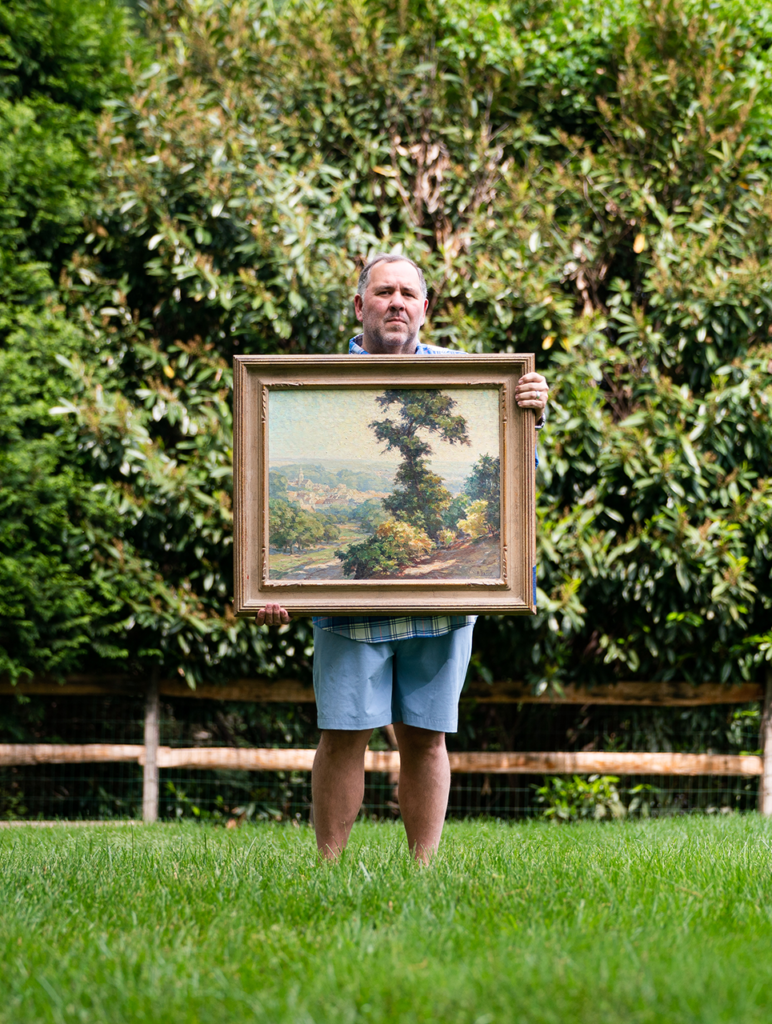Many of us are committed to living sustainably, but few of us have given much thought to dying sustainably.
But as with any other phase of our life cycle, the impact of our death can vary based on the choices we make.
What we do with the deceased body is the obvious place to start: how it impacts the earth once it is in the ground or broken down by heat or chemicals. Given that many of the deceased will be laid to rest in the ground, we can consider how we tend and even enjoy the land above them.
And then there is all of our stuff. You can’t take it with you, as the saying goes, and so loved ones are often faced with the challenge of how to use, sell or recycle an estate’s worth of possessions.
For virtually all of human history and prehistory, traditional practices and rituals provided structure to all of our life stages, death included. Some of these are so deeply ingrained that they seep into how we handle the deaths of other creatures. Unfortunately, in our modern, atomistic society we are too often left trying to figure it out on our own. It can all feel like too much to manage, but luckily there are there are professionals — death doulas — to offer a helping hand.
We hope that you and your loved ones don’t have to deal with any of this in the immediate future, but, since death is inevitable, we hope this issue helps you plan to die as you lived.

